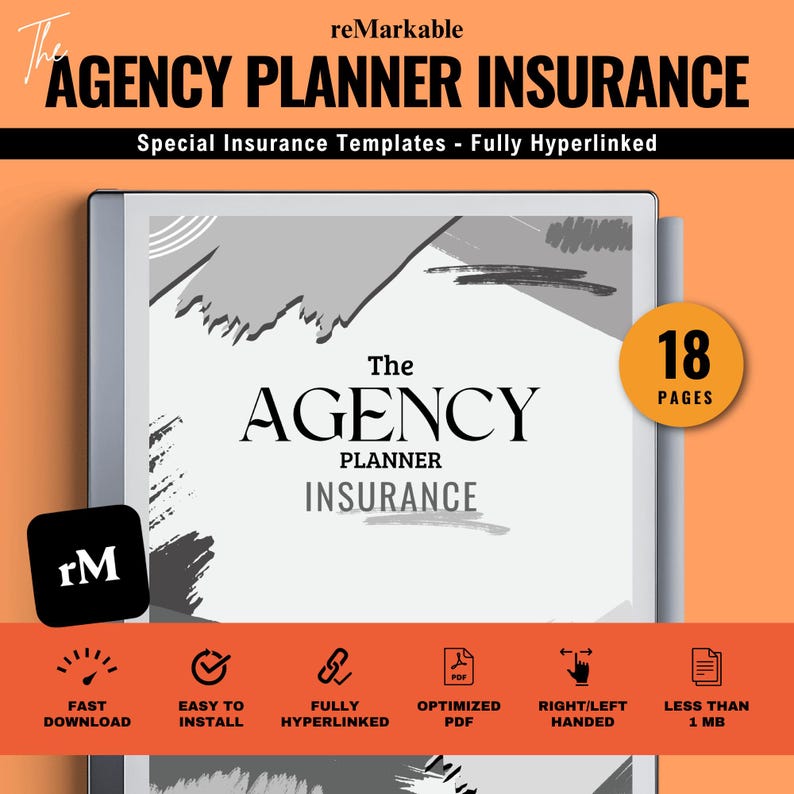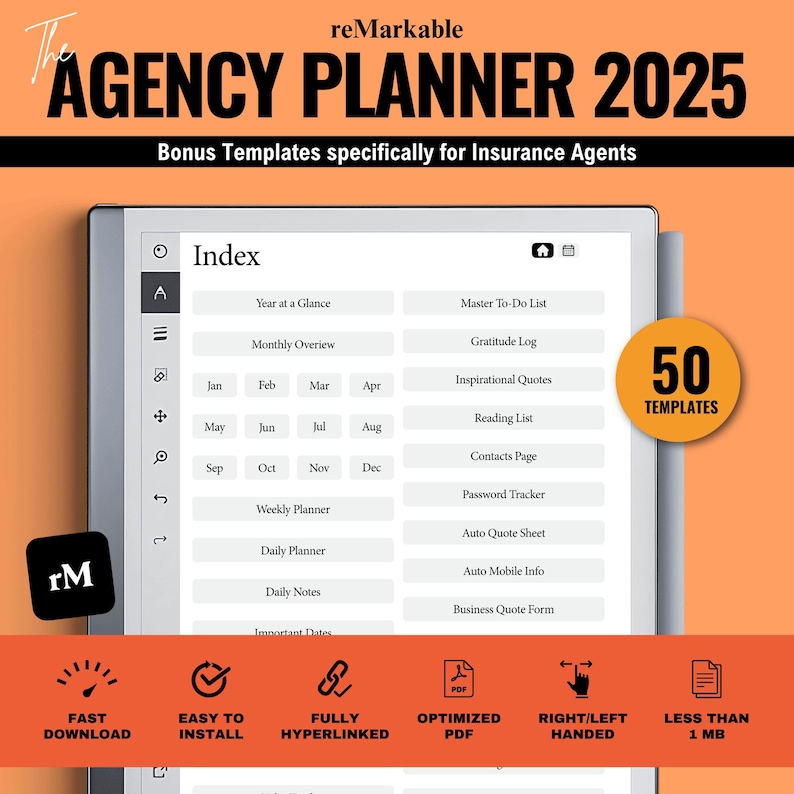If you’re an independent contractor, you already know how important it is to stay on top of your work, manage your clients, and keep your business running smoothly. But there’s one thing many contractors overlook that could save them from major headaches down the road: insurance. Whether you’re a freelancer, consultant, or tradesperson, having the right insurance coverage isn’t just a nice-to-have—it’s a must. In this post, we’ll explore why keeping insurance as an independent contractor is essential for protecting your livelihood, your peace of mind, and your future. Let’s dive in!
Table of Contents
- The Hidden Risks Every Independent Contractor Faces
- How Insurance Protects Your Business and Personal Assets
- Choosing the Right Insurance Coverage for Your Unique Needs
- Tips for Finding Affordable and Comprehensive Insurance Plans
- In Summary
The Hidden Risks Every Independent Contractor Faces
Taking on projects independently might feel like a breath of fresh air compared to traditional employment, but it also means stepping into a realm of uncertainties that many overlook. One major risk is unexpected liability. Whether it’s a client claiming unsatisfactory work or an incident occurring on site, the financial burden often falls squarely on the contractor. Without proper coverage, these situations can quickly spiral out of control, leading to costly legal fees or compensation expenses that wipe away your hard-earned income.
Another critical threat is the lack of income protection in times of unexpected illness or injury. Independent contractors typically don’t have the safety net of employer-provided benefits, making downtime financially devastating. Additionally, mistakes happen, and even the most skilled professionals can face claims related to errors or omissions. Carrying insurance not only shields you from these risks but also boosts your credibility, letting clients know you’re serious about your business and prepared for the unpredictable. Here’s what you should consider safeguarding against:
- General Liability
- Professional Liability (Errors & Omissions)
- Workers’ Compensation
- Commercial Auto Insurance
- Income Protection or Disability Insurance
How Insurance Protects Your Business and Personal Assets
Insurance acts as a crucial safety net that shields both your business and personal assets from unexpected financial setbacks. For independent contractors, who often juggle multiple hats, an unexpected event like property damage, a lawsuit, or an injury could easily drain savings or put personal belongings at risk. Having the right coverage means you’re not left scrambling to pay hefty bills out of pocket, ensuring your projects and daily life aren’t disrupted by unforeseen troubles.
Key ways insurance safeguards your assets include:
- Liability protection: Covers legal fees and settlements if you’re sued for negligence or accidents related to your work.
- Property coverage: Protects your tools, equipment, and workspace from theft, fire, or natural disasters.
- Income replacement: Provides financial support if illness or injury temporarily prevents you from working.
By investing in insurance, you secure your hard-earned assets and gain peace of mind to focus on growing your business confidently, no matter what challenges arise.
Choosing the Right Insurance Coverage for Your Unique Needs
Every independent contractor’s business is unique, which means your insurance needs won’t be a one-size-fits-all solution. Start by evaluating the specific risks tied to your line of work—whether it’s liability from physical tasks, potential lawsuits, or property damage. This careful assessment helps in prioritizing which policies are vital to protect your hard-earned income. It’s a smart move to talk with an insurance professional who understands the nuances of your industry to tailor coverage accordingly.
When deciding on your policies, focus on core protections such as general liability insurance, professional liability insurance, and business property coverage. Consider adding options like cyber liability if you handle sensitive client data or commercial auto insurance if you use vehicles for work. Don’t overlook the value of disability insurance—it shields your income if health issues keep you from working. Remember, the goal is to build a safety net that fits your business like a glove, giving you peace of mind to focus on what you do best.
- Assess specific risks: Know what hazards are most likely in your work.
- Customize coverage: Mix and match policies that match your business needs.
- Consult experts: Insurance agents can guide you through complex choices.
- Plan for income protection: Safeguard your paycheck with disability insurance.
Tips for Finding Affordable and Comprehensive Insurance Plans
When searching for an insurance plan that balances cost and coverage, start by evaluating your specific risks and needs. Independent contractors often face unique challenges, so understanding what types of coverage—such as liability, health, or equipment insurance—are most critical for your work will help you avoid overpaying for unnecessary extras. Don’t hesitate to reach out to multiple providers and request personalized quotes. Websites with user reviews and comparison tools can also give you insights into which plans offer the best value and customer satisfaction.
Next, take advantage of bundled policies and group rates designed for freelancers and self-employed professionals. Joining a professional association or co-op can open doors to exclusive insurance discounts you wouldn’t get on your own. Additionally, ask about flexible payment options and deductible levels that fit your budget without sacrificing key protections. Always review the fine print to ensure that the plan covers all your essential needs—sometimes a slightly higher premium can save you thousands by offering comprehensive protection in the long run.
- Use online comparison tools to quickly assess plan features and pricing.
- Consult with insurance brokers who specialize in self-employed coverage.
- Explore government-subsidized or state healthcare marketplace plans.
- Consider short-term or supplemental insurance for gaps in coverage.
In Summary
Wrapping things up, keeping insurance as an independent contractor isn’t just a nice-to-have—it’s a smart move that safeguards your business and peace of mind. Accidents, unexpected events, or client mishaps can happen to anyone, but having the right coverage means you’re prepared to handle them without jeopardizing your hard-earned work. So, don’t wait until it’s too late—invest in insurance today and focus on growing your business with confidence!






